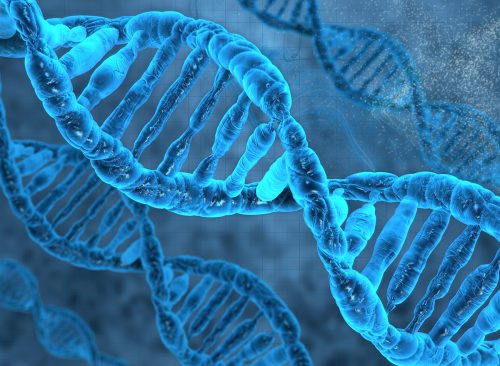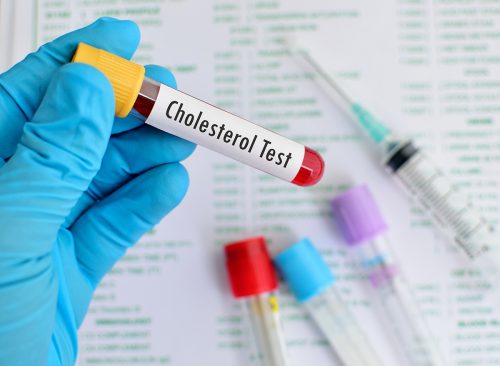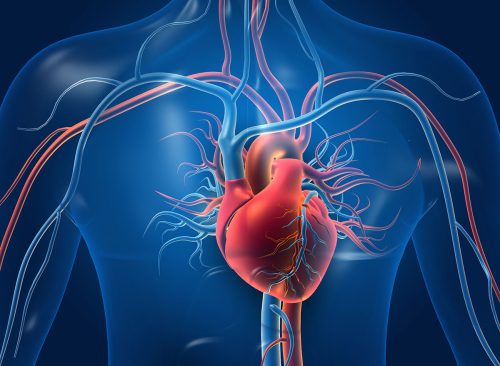The 10 Most Important Things You Can Do to Live Longer Than Your Parents
Some of them are so easy you can start today.

Having relatives with a history of disease might mean that you yourself are susceptible. Several companies promise sophisticated genetic testing to determine if you’re at higher risk for conditions such as cancer and dementia. These tests may be a good idea if you’d like a heads-up about any genetic predispositions. But the good news: Even if you’re found to have an elevated risk of certain diseases, there are things you can do to lower that risk. Some of them are so simple you can start today. These are the ten most important things you can do to live longer than your parents.
1
Get Tested for Genetic Mutations

Women who have defective copies of the BRCA1 or BRCA2 gene are at higher risk for breast cancer and ovarian cancer. Those who have completed their families are increasingly advised to have their ovaries removed to avoid an aggressive disease that’s difficult to treat.
2
Exercise

Exercise can lower your risk of many diseases, even those for which you might be genetically predisposed, experts say.
3
Don’t Drink to Excess

Over-imbibing can raise your risk of several cancers, heart disease, and even dementia. Health experts recommend drinking only in moderation, which is no more than two alcoholic drinks per day for men and one for women.
4
Minimize Processed Foods

“Colorectal cancer is only 15% inheritable,” Clare Turnbull, a professor at the Institute of Cancer Research, told the Telegraph. “So 85% of what is causing colorectal cancer is your accrued exposure to environmental factors, many of which are related to diet and the microbiome. So the lifestyle advice relating to minimizing ultra-processed foods, exercising, and so forth, is clearly the most impactful.”
5
Maintain a Healthy Weight

Keeping your weight in a healthy range can help forestall a number of illnesses you’re at greater risk for—even cancer and dementia.
6
Get Your Cholesterol Checked

Experts recommend that if one of your parents has high cholesterol, you should get your cholesterol level checked regularly, starting in your 20s.
7
Get a Heart CT Scan

If a parent died from a sudden heart attack before age 60, experts say it’s worth asking your primary care doctor if you should have a CT scan of the arteries in your heart, particularly in your 40s and early 50s.
8
Try This Diet

If heart disease or stroke runs in the family, experts recommend switching to a Mediterranean diet, which is lower in meat and higher in fish and includes plenty of fruits and vegetables.
9
Improve Your Lifestyle in Midlife

This can lower your risk of developing dementia in later years.”Sleeping for between six and 10 hours per night is important,” said Joyce Shaffer, a psychologist and behavioral scientist at the University of Washington. “Exercise that includes aerobics, strength building and balance, and trying to engage in forms of new learning such as making music are all things you can do,” Shaffer added. “Music can enhance brain chemistry, architecture, and performance.”
RELATED: 21 Things Boomers Should Never Do When They Notice Aging
10
Keep Your Brain Active

Keeping your brain working can keep it healthy as you age. “Stay on the job like the neurologist Howard Tucker, who’s still seeing patients at the age of 101,” advised Shaffer. “Or write a book like the best-selling author Herman Wouk, who wrote a new memoir at the age of 100. Remaining active through later life in different organizations which interest you while also providing social interactions keeps your brain healthy.”














